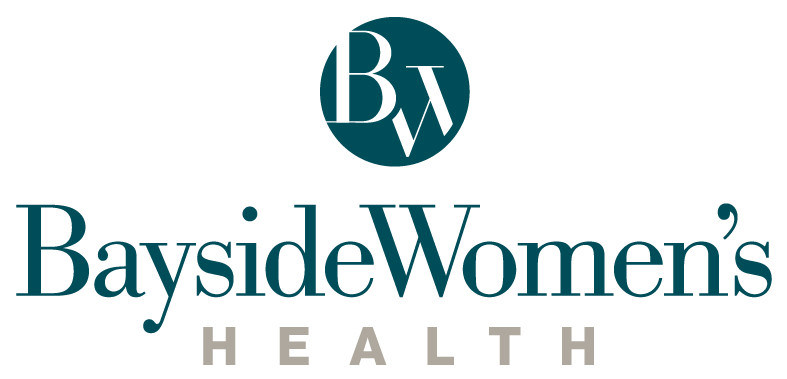Frequently-Asked Questions
FAQ’s
What do I do if I missed a day of my birth control?
If you miss a day of your birth control, take a pill as soon as you remember as well as the pill for that day at your regularly scheduled time. If you forget your pills for 2 days in a row, take 2 pills that day and 2 pills the next day and you will be back on track. Please, remember to use a backup method of contraception while you are getting back on track.
When can I drive after having surgery?
The amount of time you need to avoid driving after a gyn surgery really depends on the type of surgery. If you had a laparascopic procedure, we recommend waiting at least a couple of days before driving. If you had a larger incision on your belly from an “open” procedure like a c-section or hysterectomy, then you may resume driving after 2 weeks.
What insurances do you take?
We will be any insurance but it is up to the patient to determine if we are an “in network,” provider. We also proudly accept Tricare. Please be aware that with Tricare Prime we do require a referral even for a wellness exam. Frequently you will be told a referral is not require, but our office does require one.
If I don’t need a pap smear this year, why do I need to come for an annual?
The pap smear, or cervical cancer screening test, is just a small portion of the annual women’s wellness exam. In addition to the test, we also do a thorough physical exam of the breasts and pelvic organs, address any problems you may be having, discuss birth control, and perform any labs that may be required. The current ASCCP guidelines require a pap smear every 3 years from the ages of 21-29 and a pap smear every 5 years from the ages of 30-65. We do follow these guidelines, which means while we may not perform the test at every visit, an annual exam is essential to detecting any other problems.
Do I need a mammogram?
The US Preventative Services Task Force, USPSTF, recommends screening mammography to start at 50yo. However, we follow the American College of Obstetrics and Gynecology, ACOG, guidelines and start screening mammography at 40-years-old. Furthermore, there are some patient’s that may require earlier screening depending on their family history. We will discuss this need at your annual exam.
How many people can I bring with me to my anatomy ultrasound?
To respect our sonographer’s space and work environment, we only allow four people at the maximum as this is the number of chairs in the room that can accomodate guests.
Can I get any vaccines at your office like Tdap or HPV?
At this time, we do NOT carry routine vaccinations in our office with the exception of Rhogam for indicated pregnancies. The current ACOG recommendation for Tdap booster is for all pregnant women during each pregnancy between 27-36 weeks of gestation. HPV vaccine is recommended for women age 9-45, though insurance coverage may vary after 26. These vaccines are available at most local pharmacies. Call today if you need recommendations on a local provider.
For more general women’s health information, please visit ACOG’s Frequently-asked questions page.
Our Services
Obstetrics
Routine and high risk pregnancy comprehensive care advocating for our patients to have their optimal reproductive experience.
Gynecology
Annual wellness and pap smears as well as management of acute and chronic gynecologic problems.
Family Planning
Complete discussion of all contraceptive methods and the appropriate choice for you. Initial evaluation of infertility.
Menopause
Thorough evalution and discussion of hormone replacement therapy options for longterm health and wellness.
Urogynecology
Medical and surgical management of pelvic organ prolapse and the different types of urinary incontinence.
Adolescent Health
Menstrual cycle education and mangement options for young women.
